Performance Management
Lucy Parry • April 28, 2020

Changing
your approach to managing peoples' performance can improve engagement, collaboration and productivity hugely. Here are ideas on how.

Organisational Wellbeing session for Be the Business 20 or so people on Webex group session - 45 minutes Their expectations - Leadership wellbeing and organisational health Concerns about the individuals they are mentoring Working with leaders worried about how to make org sustainable - people aspect suggest x y z to take the pressure off human beings ... culture ... knackered context What is the single biggest thing that you would like to understand better for your own wellbeing? What's the single biggest thing you'd like to know that would help you in your work with others? Context - Even before Covid-19 organisations were not experienced by many as being super-healthy 12 million days were taken off work for stress, anxiety, depression, exhaustion - and this must be a tiny proportion as for many, it has to be really bad before they actually take time off, as most people fear the impact that will have on their performance evaluation This is what people say - that they are not sleeping enough, not enough time to be exercising enough, overworking, drinking too much worrying obsessively about endless goals, performance measures and deliverables constantly feel they might be missing something or worse, not included, not good enough feeling the competition for being "talent" or outstanding - or past your best already worrying about relationships that are "difficult", people that just won't listen, people bullying not knowing how to get ahead in the market - what if we cannot deliver enough growth? worrying about how to get more collaboration - ie get agendas met by others outside their authority will they be seen as a team player? influential? leadership material? high potential? high performing? are they being discriminated against, can they be heard, are they being fairly treated? The narrative has been this way for a long long time The impact on health and wellbeing has been noticed and discussed at the highest levels Some companies have provided gym membership Still people work and work and work and are never disconnected from their devices, even in their bedrooms, They do team awaydays and build rafts or solve problems, they do strategy days and create lists of actions and priorities and values and a vision of the future ... But still people are over-thinking, anxious, stressed, drinking too much, grumpy, exhausted, eating too much, not sleeping well, not getting enough exercise, becoming ill ... nearly half of all occupational ill-health is due to stress, depression or anxiety. This trend has shown a steady increase in the past few years. SMEs are gunning for growth at all costs, if we just get through this quarter, report better growth/profits/revenues, show new market opportunities, get ahead of the curve, recruit better talent ... Little room if any is left for the question - how can we create and sustain a healthy, productive working culture - This means paying attention to a lot of small nuances in how we do things, decide things and talk about things - that supports healthy people with a balanced approach to their work that is productive, energised, focused on the agreed activities and still allows and encourages people to switch off, to rest, to learn, to reflect, to think and discuss, to build and sustain strong relationships, to be active enough to be physically healthy, to be clearly able and willing to take personal responsibility for being intellectually, physically, emotionally and relationally really healthy and in great shape. So where does this leave leaders and what shape is leadershift taking? By the way, a trillion books have been written on this - and STILL we struggle, still we are not in great shape And now we have a break in the rhythm ... a glimmer of an opportunity to re-set! So what is the work that we could be usefully doing, with the influence we have? It’s only natural to seek certainty, especially in the face of the unknown. Long ago, shamans performed intricate dances to summon rain. It didn’t matter that any success they enjoyed was random, as long as the tribe felt that its water supply was in capable hands. Nowadays, late nights of number crunching, feasts of modelling, and the familiar rituals of presentations have replaced the rain dances of old. But often, the odds of generating reliable insights are not much better. Many leaders (whom you guys may be mentoring) are asking themselves - in an even more uncertain world, where I cannot even predict whether it will be possible to have christmas with my extended family and I don't know if we can book a holiday - how on earth am I going to come up with all the answers for this business? And what happens in an uncertain world? The amygdala - part of the brain designed to keep us safe by making us alert to any danger - is triggered, so we may be more likely to narrow our focus, conserve our resources, hunker down - fight flight or freeze. So Organisational Wellbeing is about soothing that response - Status - remind ourselves and others that we matter especially if we lose job or role status Certainty - stop obsessing about the future, stay in the moment, be okay with what you know now Autonomy - take responsibility for what you can influence Relatedness - focus on connecting and strengthening the community bonds you have, contribute, matter Fairness - keep balanced perspective, it's not all about me AND paying attention to balancing out the impact of that primitive part of the brain with routines, activities and focus on- physiological wellness - eating, drinking, sleeping, drugs, exercise, mindfulness, nature, affection, colour intellectual wellness - learning, reading widely, laughing, new possibilities, journalling, feeding the brain emotional wellness - appreciation, affirmations, laughing, loving, naming feelings, emotional awareness, EQ relational wellness - staying connected, being kind, sticking to values, reaching out, talking, sharing stories Let go of some things - productivity in the old ways, think in new ways not “managing the probable.” but delighting in the possible (McKinsey) • "Our tendency to place one perspective above all others—the proverbial “fact-based view” or “maximizing key stakeholders’ alignment”—can be dangerous. All too often, we operate with an excessively simple model in enormously messy circumstances. We fail to perceive how different pieces of reality interact and how to foster better outcomes." Moving from “managing the probable” to “leading the possible” requires us to address challenges in a fundamentally different way. Ask different questions Take multiple perspectives See systems

